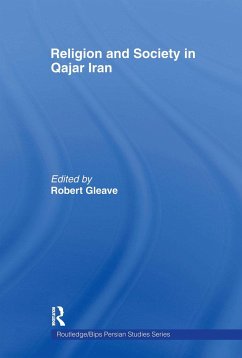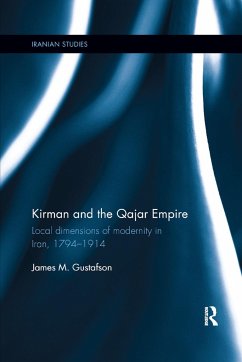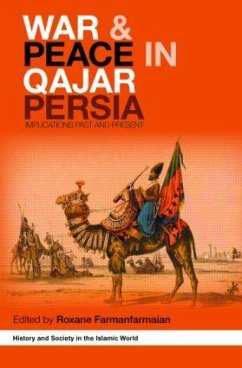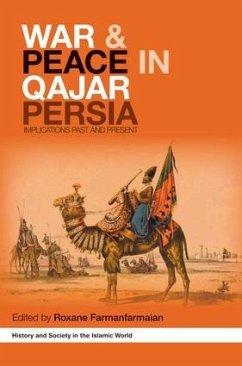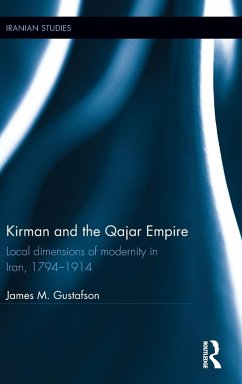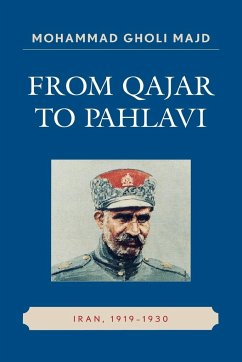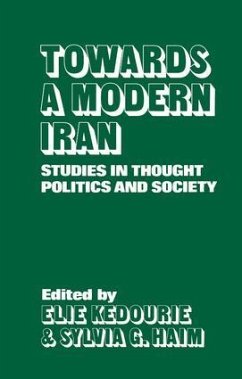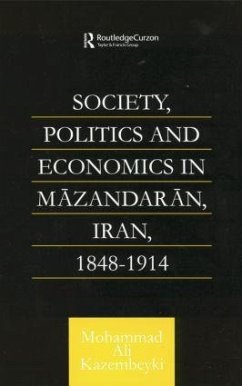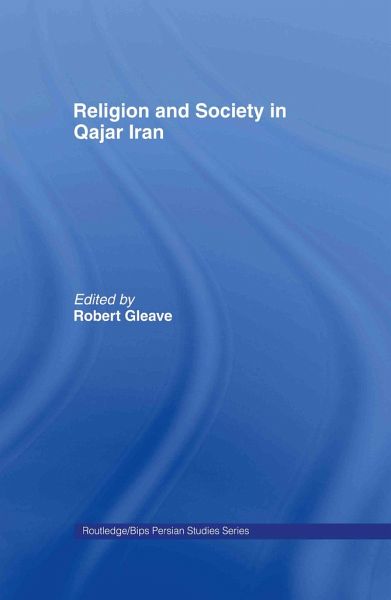
Religion and Society in Qajar Iran

PAYBACK Punkte
117 °P sammeln!
Gleave brings together studies by experts in the area of religion in nineteenth-century Iran in order to present new insights into Qajar religion, political and cultural history. Key topics covered include the relationship between religion and the state, the importance of archival materials for the study of religion, the developments of Qajar religious thought, the position of religious minorities in Qajar Iran, the relationship between religion and Qajar culture, and the centrality of Shi'ite hierarchy and the state.




